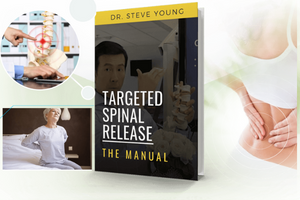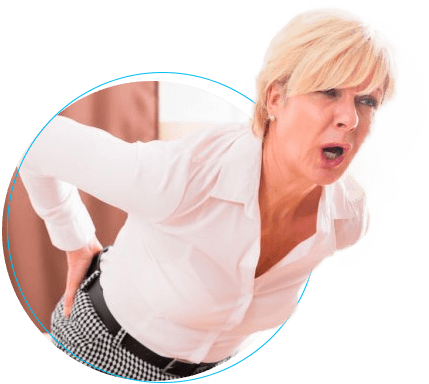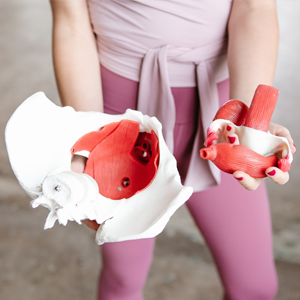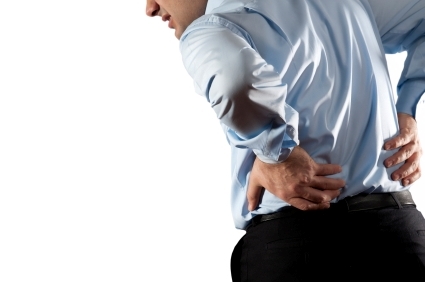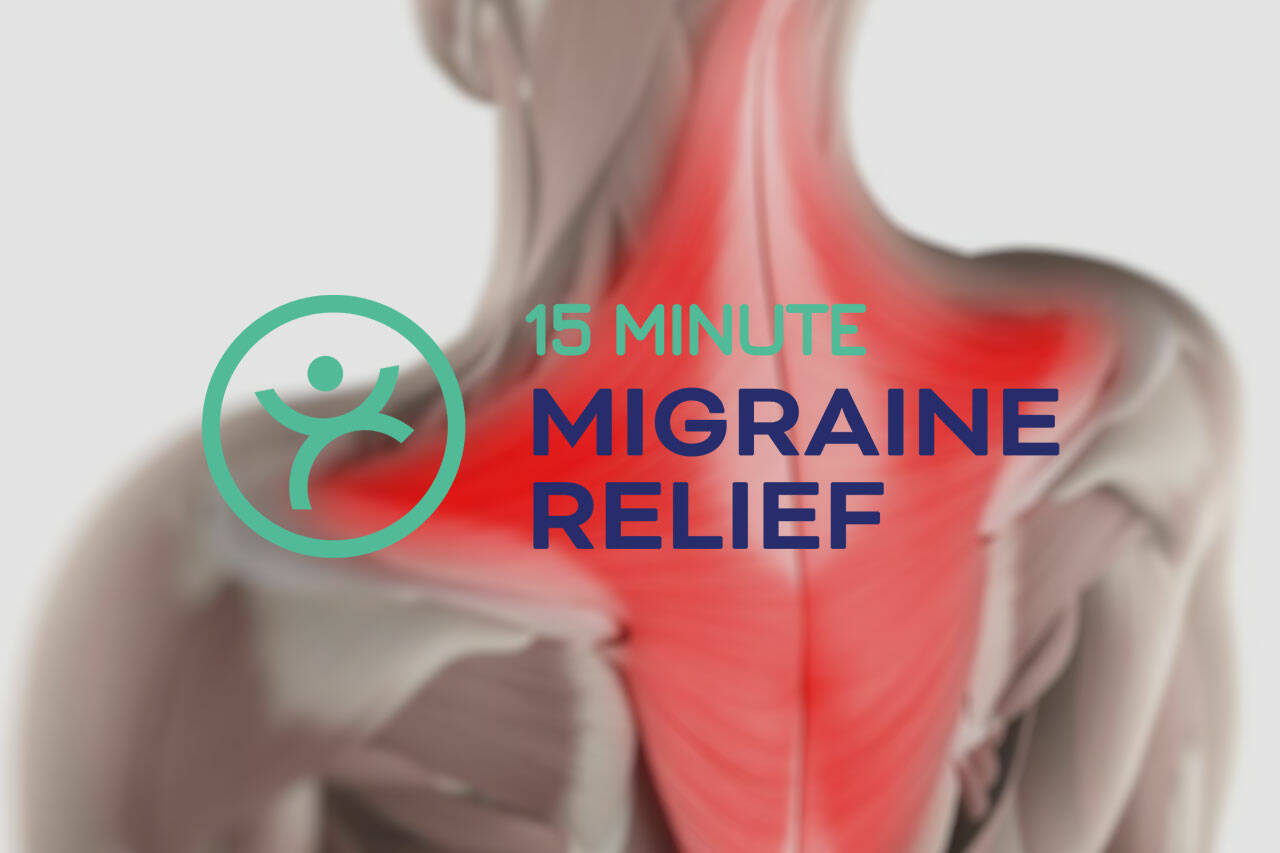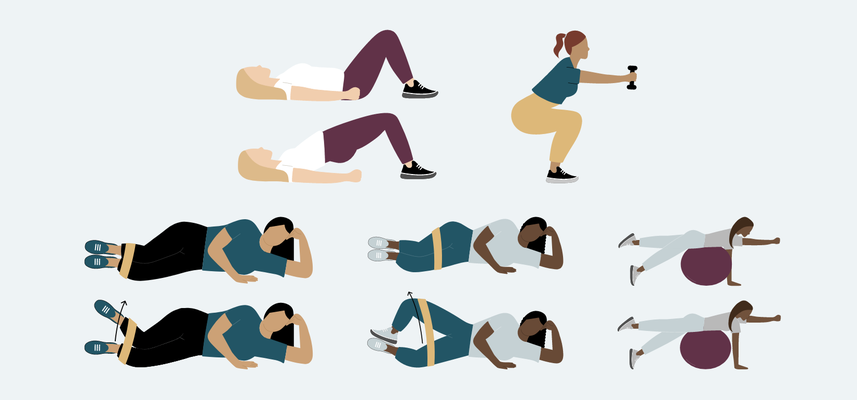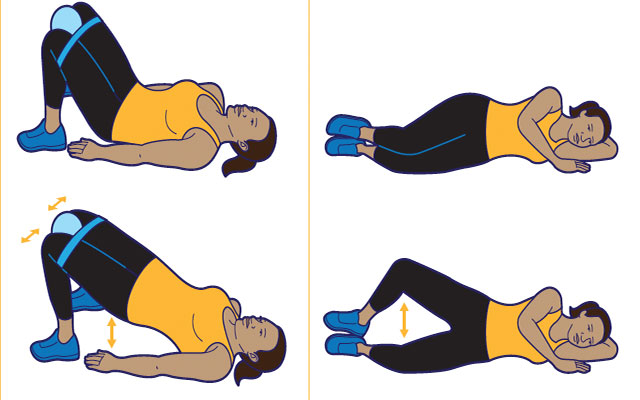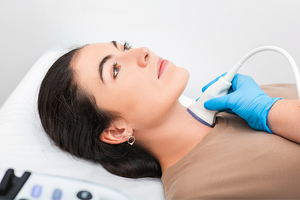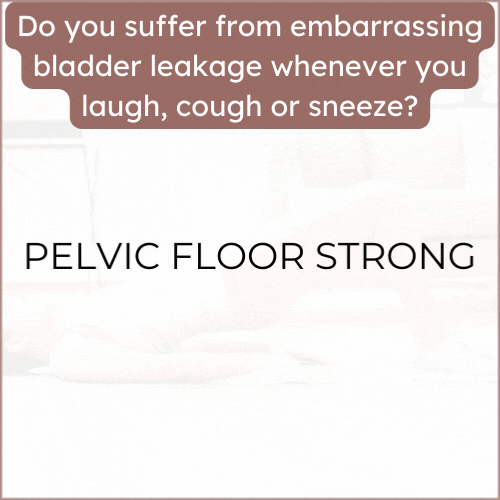Management of Urinary Incontinence in Postmenopausal Women
Urinary incontinence is a common concern among postmenopausal women, affecting their quality of life. Effective management strategies play a crucial role in alleviating symptoms and improving well-being. Here's a concise guide to the management of urinary incontinence in postmenopausal women:
- Lifestyle and Behavioral Modification: The first line of management involves adopting lifestyle changes, such as maintaining a healthy weight, avoiding bladder irritants like caffeine, and practicing pelvic floor exercises.
- Bladder Training: Behavioral techniques like bladder training help re-establish control over the bladder, enhancing its capacity and reducing urgency.
- Pharmacological Interventions: Estrogens and other pharmacological options may be considered, particularly when dealing with genitourinary syndrome of menopause (GSM), a common contributor to urinary incontinence in postmenopausal women.
- Treatment of Urge Incontinence: For specific types like urge incontinence, a systematic review suggests tailored treatments, emphasizing the importance of individualized approaches.
- Holistic Management: Addressing sexual dysfunctions associated with urinary incontinence is integral to holistic postmenopausal care.












